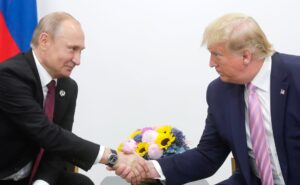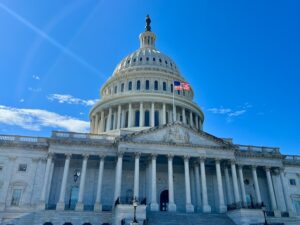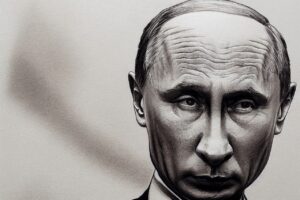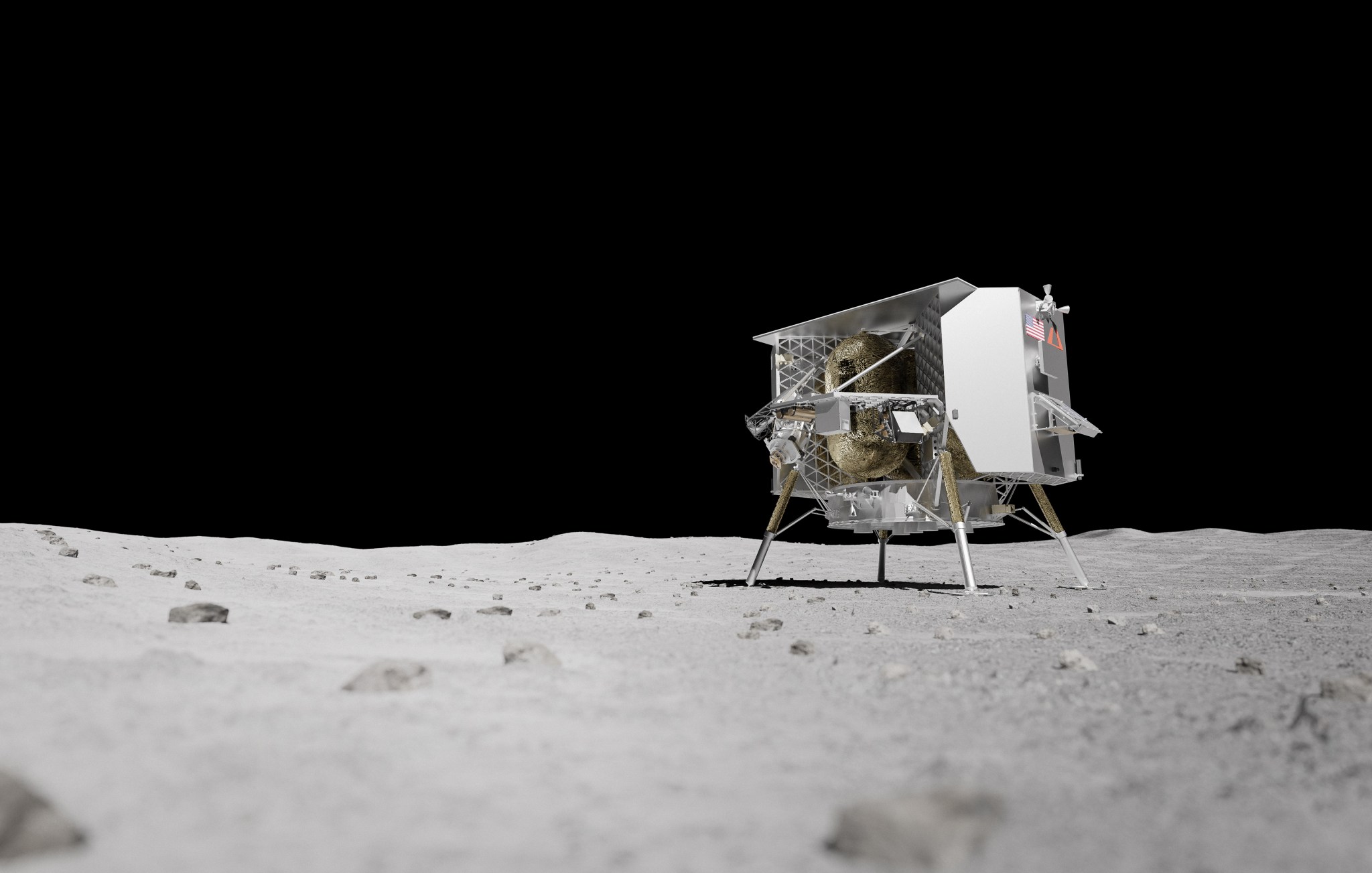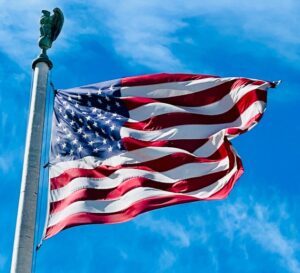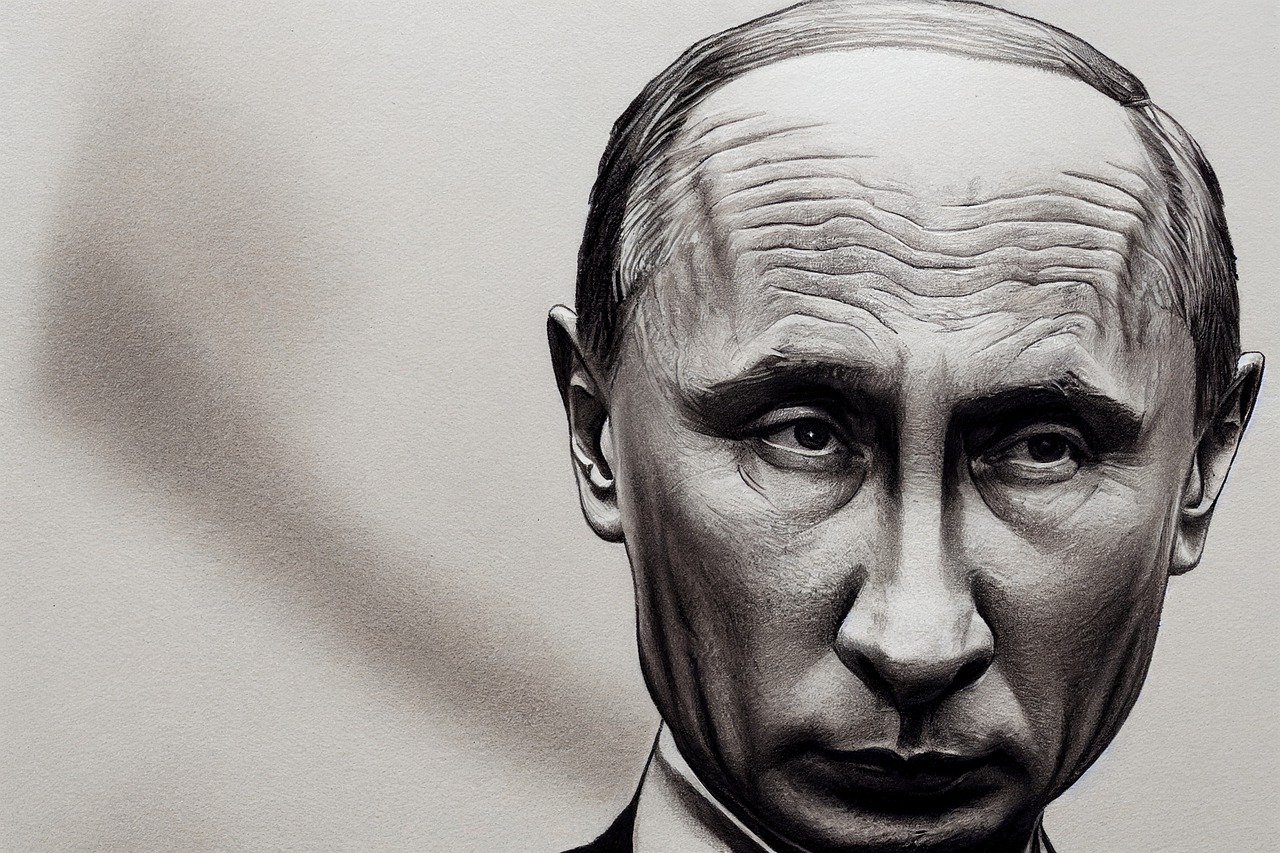
Putin may win Russia's 2024 Presidential Election, but his oppression of opposing voices only proves how weak we really is.
In the grand theater of global politics, there exists a stark juxtaposition between the robustness of free democracies and the fragility concealed within autocratic regimes. At the heart of this dichotomy lies the fundamental difference in how leaders rise to power and maintain control. While democratic nations thrive on the competition of ideas and the accountability of leaders to their electorate, autocrats rely on coercion, oppression, and the suppression of dissent.
Autocrats like Vladimir Putin of Russia and Xi Jinping of China may project an image of strength through their authoritarian rule, but beneath the facade lies a profound fear of the truth – a truth that they are acutely aware of: their own vulnerability. Unlike leaders in free democracies who contest elections based on their virtues and ideas, autocrats cling to power by silencing opposition voices and stifling dissent. This cowardly tactic not only undermines the legitimacy of their rule but also exposes their inherent weakness.
Take, for instance, this year’s elections in Russia, where Vladimir Putin is poised to secure yet another 6-year term as President amidst widespread suppression of political opponents, including allegedly poisoning then later imprisoning his greatest opponent, Alexei Anatolyevich Navalny, in a penal colony in the Arctic Circle where he remained until he died. While some may interpret Putin’s victory as a display of strength, it is, in reality, a testament to his fear of losing power if subjected to fair and free elections. By resorting to oppression rather than persuasion, autocrats betray their lack of confidence in the appeal of their own ideas and positions.
In contrast, free democracies like the United States embrace the uncertainty of electoral competition as a hallmark of their strength. Leaders rise and fall based on the will of the people, and the constant churn of ideas ensures that the best path forward is consistently pursued. While this arrangement entails the risk of specific individuals losing power, it also fosters resilience and adaptability, qualities sorely lacking in autocratic regimes.
The 2020 U.S. presidential election serves as a poignant example of democracy in action. Despite former President Trump’s efforts to cling to power through baseless claims of fraud, the system held firm, and a new leader emerged. This tradition of peacefully transitioning power from one democratically elected leader to the next, coupled with evidence of effective governance, underscores the superiority of democratic principles.
While Donald Trump is currently facing over 90 criminal charges for a variety of serious offenses, including his actions on January 6th (to circumvent America’s tradition of peacefully transitioning power) and wrongfully retaining classified documents after leaving public office, the fact that he currently remains free to advocate for ideas that contradict those of the current occupant of the White House demonstrates a couple extraordinary features of democracies in the free world that you simply don’t get in governments with autocratic structures.
First, by making illegal immigration one of the cornerstone issues of his presidential campaign, he cornered both Congress and President Biden into focusing on the issue themselves, something that ultimately resulted in the most significant bi-partisan immigration reform legislation proposal in decades. Mind you, Trump ultimately pressured his own party into backing away from such legislation for self-serving political reasons, but the big takeaway is that giving him the space to advocate for something forced the system itself – including his own political opponent – to respond. And while the initial effort to pass bipartisan immigration reform legislation failed, we’re now closer to achieving that goal than we’ve been in a long time.
The second big advantage that’s come about from allowing Donald Trump to run for President rather than oppressing his freedom of speech or ability to run for office – even in light of everything he’s been accused of – is that it’s allowed him to reveal the truth of who he is to the American public. In other words, there’s an inherent value in allowing our political opposition to speak about what they believe in because – as is the case with Donald Trump – they won’t simply reveal their virtues to the public, but also their vices, such as their associations with white supremacists and religious extremists.
The third big advantage of embracing a political system in which political opposition is embraced rather than oppressed is that it avoids the creation of martyrs. In Russia, Alexei Anatolyevich Navalny will likely be remembered in certain circles and quietly heiled as a hero for generations to come because he paid the ultimate price for fighting for what believed was in the best interests of his country.
Both Russia and China’s efforts to expand the scope of their influence through military conquest and the oppression of political opposition only serves to further prove the inherent weakness of their systems of government. In the case of Ukraine, Russia’s need to resort to military force to expand its own borders definitively demonstrates their failure to expand the scope of their infleunce diplomatically. Ironically, by attacking Ukraine, Russia has convinced a number of countries in Easten Europe to formally align themselves with NATO, thereby further isolating themselves on the world stage and diminishing the scope of their own influence.
Much the same way, President Xi Jinping’s saber-rattling over the issue of reunification with Taiwan, including threats of using military force to achieve that goal, definitely prove that whatever value the Taiwanese might have in reunifying with what has become one of the world’s greatest economies, that value is not significant enough to justify actually agreeing to such a reunification.
Simply put, if the ideas of autocrats were legitimately better, they’d be able to expand the scope of their influence through the use of words alone, and have no need to resort to the offensive use of bombs and bullets. In sum, autocratic leaders may wield power with an iron fist, but their grip is tenuous, built on the shaky foundation of oppression and fear. As long as they continue to suppress dissent and consolidate power, they condemn their nations to mediocrity on the world stage. In contrast, free democracies thrive on the exchange of ideas and the accountability of leaders, embodying the virtues of resilience, adaptability, and progress. The true measure of strength lies not in the ability to silence opposition but in the courage to face it head-on, confident in the righteousness of one’s ideals.
If countries such as Russia and China want to thrive and earn the respect of the world in the 21st century, they need to learn the principle lesson that became the foundation of the United States’ success during the 20th century: freedom, democracy and prioritization of truth and potential turnover over the convenience of propaganda and consolidated power are not only the hallmarks of truly great civilizations but prerequisites to the same.
